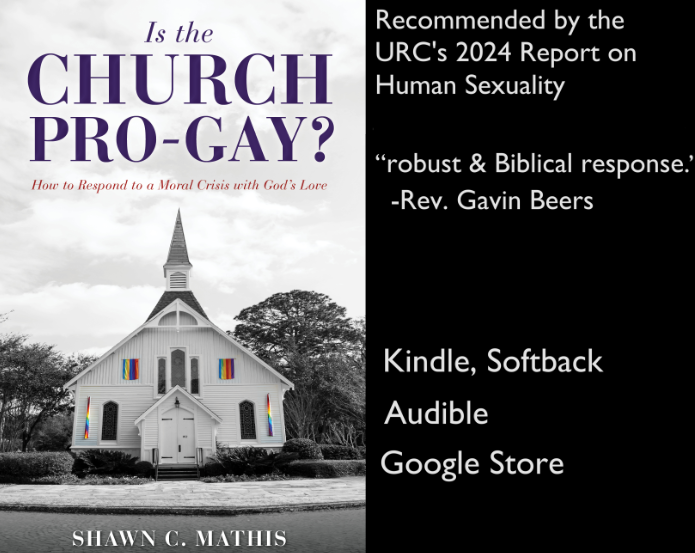It comes as no surprise that the city of Houston is still demanding all speeches (sermons) from five pastors related to homosexual and gender identity issues in response to a lawsuit against the city.
Why is this no surprise? Because they believe they can get away with it. The tide is decisively turning against the last remnants of America’s Christian past.
Consider the latest religious infringement: the small, obscure city of Coeur a’Alene, Idaho. They are threatening ministers of a local marriage chapel with fine or jail time if they do not preside over homosexual marriages.
Do I have to list the Supreme Court rulings? Or Obamacare? Or the colleges kicking out long-standing Christian clubs? Or Christian businesses being shut down?
At this rate, Houston is only the leading edge of a new wave of religious harassment, especially against Christians.
Liberty Institute founder Kelly Shackleford explains the current legal landscape in an WND interview:
“I have been doing these types of cases for almost 25 years now. I have never seen the levels of attacks like these and how quickly they are now proliferating.”
In a 2014 joint public report, Undeniable, both the Family Research Council and the Liberty Institute warn the American people of the rise of “institutional, pervasive, damaging hostility” towards religion.
From 2012 to 2013 the number of incidences almost doubled—a greater rate of increase than the last several years combined. Kelly continued to explain in his interview:
“There are children being prohibited from writing Merry Christmas to the soldiers, senior citizens being banned from praying over their meals in the Senior Center, the VA banning the mention of God in military funerals, numerous attempts to have veterans memorials torn down if they have any religious symbols such as a cross, and I could go on and on.”
Thankfully, many such cases will turn out for the good. But the rationale for religious hostility in America is not going away. In fact, it is mutating into dangerous forms.
A 2009 Iowa Supreme Court ruling abused the separation of church and state principle to rationalize their upholding of homosexual unions against natural marriage:
“This mission to protect religious freedom is consistent with our task to prevent government from endorsing any religious view. State government can have no religious views, either directly or indirectly, expressed through its legislation…This proposition is the essence of the separation of church and state. As a result, civil marriage must be judged under our constitutional standards of equal protection and not under religious doctrines or the religious views of individuals.”
A year later, U.S. District Judge Vaughn Walker overturned California’s Proposition 8 for various reasons, the most striking being religious beliefs. In his facts of finding, he placed religious beliefs as invalid, being based on stereotypes: “77. Religious beliefs that gay and lesbian relationships are sinful or inferior to heterosexual relationships harm gays and lesbians.”
Many readers may recall a similar rationale from the New Mexico Supreme Court ruling, especially in the concurring minority report: “That compromise is part of the glue that holds us together as a nation…it is the price of citizenship.”
Last year, according to the Christian Post, U.S. District Judge Michael A. Ponsor dismissed a Christian evangelist’s motion to dismiss a lawsuit against him because “[w]idespread, systematic persecution of LGBTI people constitutes a crime against humanity that unquestionably violates international norms…”
An equally important, but overlooked, rationale against religious freedom was offered by the Obama administration in the 2012 U.S. Supreme Court case, Hosanna-Tabor v. EEOC, wherein a religious school was sued by a former teacher. The administration argued “that the religion clauses do not really apply to the case. Religious organizations’ right to choose their leaders [and school teachers] is mostly about the freedom of association…” This means Christian organizations should be held under the anti-discrimination laws, which favor homosexuals.
Thankfully, the Supreme Court unanimously ruled in favor of the Lutheran school on the basis of the religious clauses. But the implications for the current LGBTI debate are obvious: if enough political and legal leaders in the next 10 years come into positions of power, such reasoning can and will be used to propagate more religious hostility.
It is already happening in the executive branch with the President’s quiet expansion of transgender rights at the federal level.
It is only a matter of time before enough of the Supreme Court retires and new leaders arise who know not the religious freedoms of the past.
And Houston will then be a drop in the bucket in the tide of future religious bigotry.
May God purify His church through such hatred.





